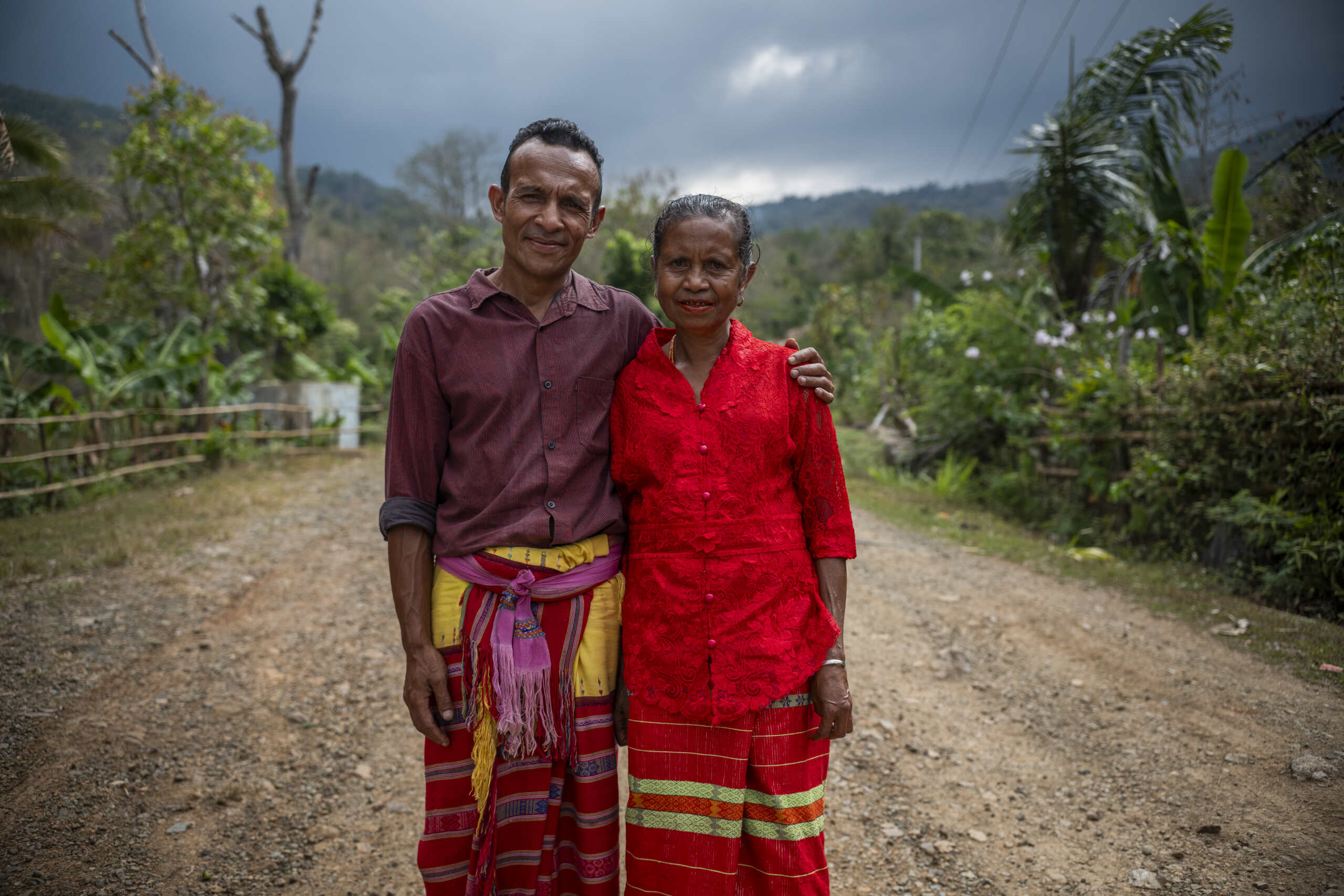Data and people with disabilities: strengthening disability data and making it accessible
Stories | November 30, 2023
Too often, unseen means uncounted.
At the halfway mark of the 2030 Agenda for Sustainable Development, people with disabilities remain the group farthest left behind and those most likely to be impacted by data marginalisation.
Data marginalisation occurs when a group of people are excluded when data is collected, or not visible in the data that is collected. This is a significant barrier for efforts to address poverty and inequality. In particular, it is a major driver of the ongoing marginalisation faced by people with disabilities.
One, very important, example of this is the significant gap that exists in the monitoring of the Sustainable Development Goals (SDGs), in which only 2 out of the 10 SDG indicators requiring data disaggregation by disability status are available.
Disaggregated data is data that is broken down into sub-categories, for example by disability, gender, age, location, level of education. Disaggregated data providing a more detailed picture that allows for understanding, decision making and support.
A lack of data to inform policy decision making and service deliver, which has significant consequences for people with disabilities.
The good news is that there are a number of approaches being used to address the data marginalisation of people with disabilities, at local, regional and national levels, often led by people with disabilities themselves.
One such approach is to use citizen-generated data to fill data gaps and complement official data sources.
Citizen-generated data produced by Organisations of People with Disabilities (OPDs) provides unparalleled insights into the priorities of people with disabilities and complement official statistics, particularly in the monitoring of the SDGs and the UN Convention on the Rights of People with Disabilities (UNCRPD).
OPD-collected data is extremely important as people with disabilities are best placed to provide necessary context through their lived experience. It also better enables them to monitor, advocate and drive change that directly effects their constituents.
OPD-led data collection is especially important in disaster-preparedness and in emergency situations when data is urgently needed and people with disabilities are often overlooked. OPDs can more easily locate their members in communities to ensure accurate numbers and support needs assessment.
In the Philippines, CBM supported Las Pinas Persons with Disabilities Federation, Inc. (LPPWDWI) on a project of disaggregated data profiling for disability inclusive funding and programming.
Among other important outcomes, this project led to:
- the City and more than 20 villages having disability data on which to base public policy and budget decision for the first time;
- thousands of people with disabilities who had not previously been registered or able to access appropriate social support, now able to do so
- improved engagement of people with disabilities in local government affairs, including disaster preparation and response planning, school and health system board meetings, legislative agenda setting.
At the national level in the Philippines, the Executive Director of the National Council for Disability Affairs (NCDA) plans to adopt this profiling initiative by requiring the different OPD Federations in the National Capital Region and other regional OPDs to conduct similar initiatives with support from NCDA and LPPWDFI.
Disability data is essential in understanding the real situation of people with disabilities to identify gaps that are not being addressed in policies.
By strengthening disability data, decision makers can enact meaningful change and address the most urgent actions at national, regional and global levels.
https://www.cbm.org.au/stories/data-and-people-with-disabilities-strengthening-disability-data-and-making-it-accessible
Related Stories

Building inclusive, climate resilient communities in Bangladesh
Highlights from DFAT Post’s visit In January 2026, representatives from the Australian High Commission in...

Week 1 – Lent series 2026
As we enter the season of Lent, we’re taking time as a community to pause, reflect, and draw closer to the heart of God. Lent invites...

How CBM is making a difference in Indonesia
For more than 45 years, CBM Global has been working alongside communities in Indonesia to ensure people with disabilities...
